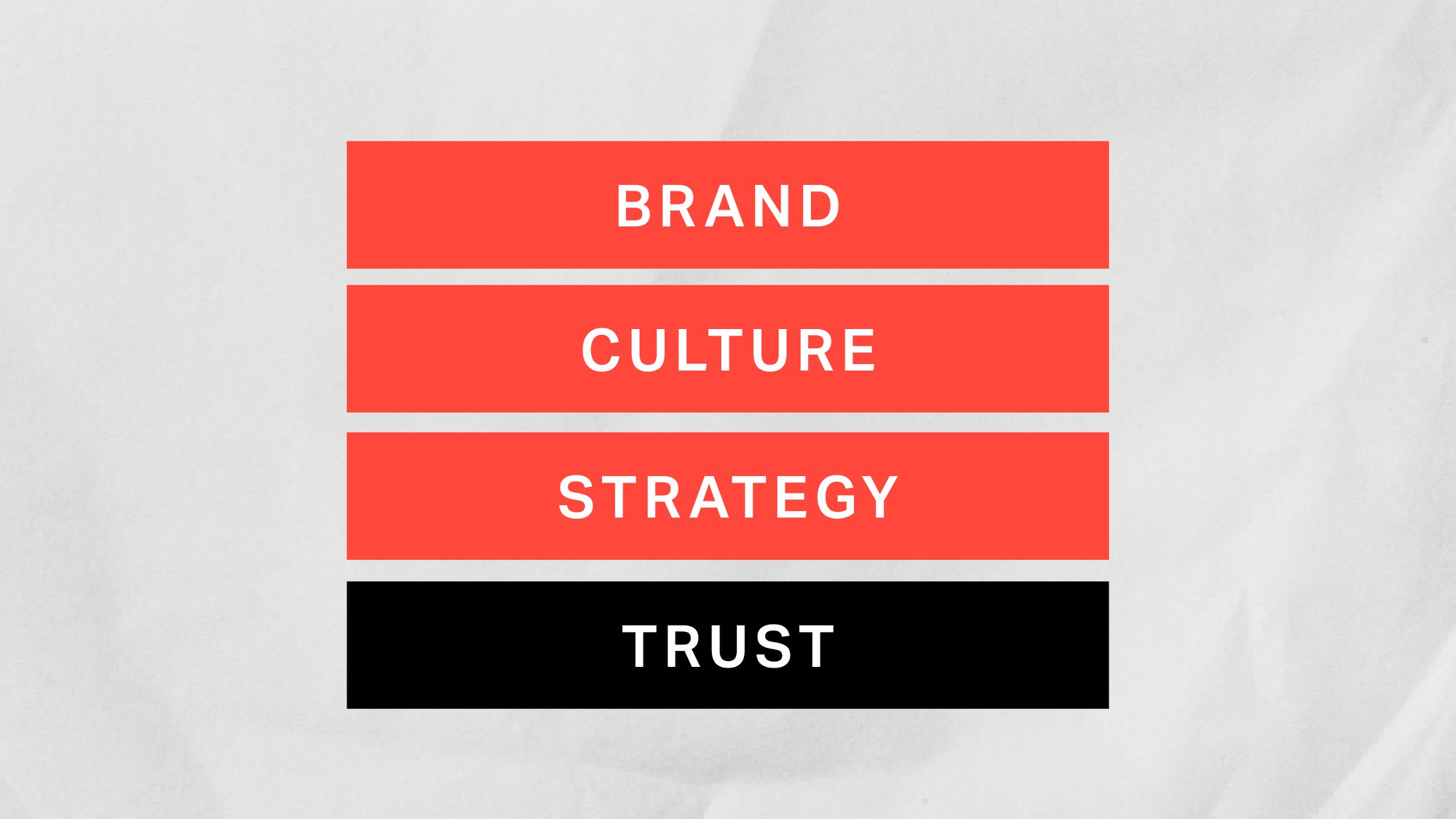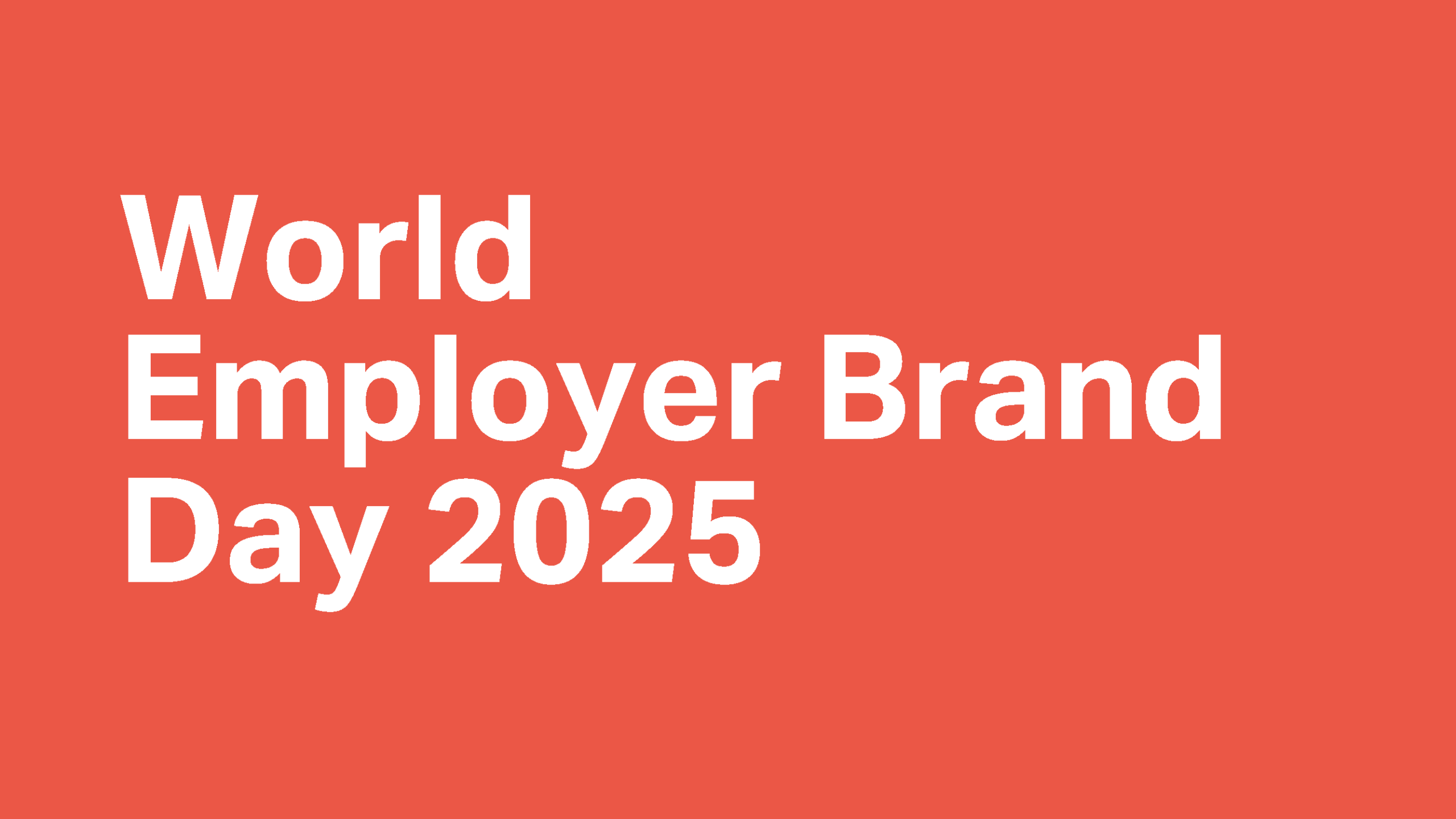3 tips to strengthen your employer brand

The stronger your employer brand, the less time you’ll waste and money you’ll spend on recruitment.
A salary – while important – isn’t everything in this job market; culture, benefits and leadership come into play. As a result, businesses must do more to appeal to potential hires.
The best place to start? Improving your employer brand.
Your employer brand is strengthened by the lived experience of your people and the perception that experience creates. As most businesses know, this will then determine how people outside your company see you.
And, in a market where talent has options, a strong employer brand (and employees who feel content) can be the difference between attracting top performers or losing them to competitors.
So, here are three practical ways to strengthen it:
1. Define and live your employee value proposition (EVP)

Your EVP is the “why” behind working for your organisation. It’s what employees gain beyond salary. As Cliff Ettridge, our Director, states in a previous blog:
It’s the tool that will create the internal capability to deliver on your ambitions for customers.
The EVP includes:
- culture
- purpose
- growth
- recognition.
The key to success is authenticity. As our Creative Copywriter, Venetia Taylor, notes in her blog about brand authenticity:
When a brand’s values are unclear, or if there’s a gap between what it says and what it does, mistrust begins to grow. Over time, that mistrust breeds scepticism – and once consumers feel you’re being disingenuous, regaining their trust is very difficult.
Don’t craft buzzwords; uncover what truly sets your workplace apart, and make sure leadership embodies it daily.
A clear, consistent EVP builds trust from the inside out.
2. Elevate your employer brand by elevating employee voices

Your best brand ambassadors are your employees. Encourage them to share their stories, whether it’s about career growth, collaboration, or community involvement. And encourage them to like and share posts. This is crucial for reach and SEO – the more people who hear about your company, the more likely they are to get in touch.
But remember to practice what you preach. Leadership must act as example and invest in their employees by interacting across business socials.
Featuring genuine employee experiences on LinkedIn, your website, or review platforms like Glassdoor gives candidates a transparent view of your culture. But don’t shy away from feedback. Instead, respond thoughtfully, show you’re listening, and use insights to improve the employee experience.
Real stories (and real responsiveness) build credibility.
3. Align internal and external messaging
A disconnect between what you say externally and what employees truly experience internally erodes credibility fast.
In an article for growth business, Cliff makes the business case for alignment:
By embedding integrity throughout their operations, organisations can rise above the age of deceit. Trust, resilience, and purpose will define the workplaces of tomorrow for those bold enough to lead with principle today. Ethical leadership is more than a moral obligation; it’s a competitive advantage.
Ensure that your recruitment marketing, onboarding, and leadership communication all reinforce the same message.
Consistency builds confidence, both for prospective candidates and current team members.

Final thoughts on improving your employer brand
A strong employer brand doesn’t happen by accident. It’s built intentionally through culture, communication, and credibility.
When employees feel proud to work for you, the industry takes notice, and the best talent wants in.




